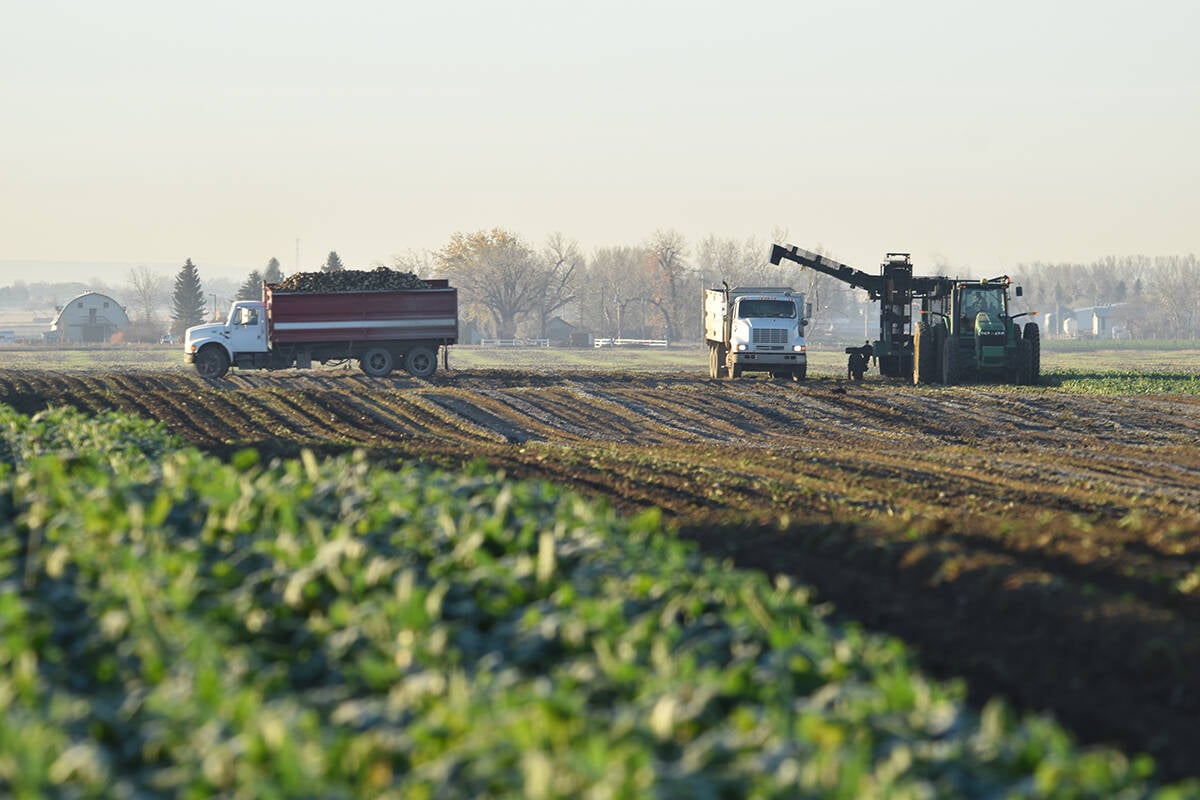A new international agreement being drafted could result in farmers losing the Canadian Wheat Board and being prevented from forming other marketing boards, says the president of the National Farmers Union.
Nettie Wiebe is concerned about the Multilateral Agreement on Investment, a global agreement on the movement of investments, profits and production facilities across borders. It is designed to foster a climate for international investment by removing trade barriers such as marketing boards.
“If the transnational grain corporations are in a position to say to the Canadian government ‘you can’t allow a marketing agency which cuts into our potential profits in that way,’ then we would be thrown to the wind,” Wiebe said after a public meeting on the MAI.
Read Also

Canada the sole G7 nation without a Domestic Sugar Policy to aid local sugar beet production
Canadian sugar beet industry vastly different to US with free-market system compared to protective government-regulated sugar program
Creation of new marketing boards would also be affected, she said. Part of the agreement prohibits the creation of new marketing boards without compensating the corporations that previously marketed the product.
Wiebe was one of the speakers at the meeting protesting the agreement. Tony Clarke, author of Silent Coup: Confronting the Big Business Takeover of Canada and Maude Barlow, chair of the Council of Canadians, also spoke to the 500 people at the Saskatoon meeting.
Clarke said the MAI is helping to usher in “a new political era – the age of corporate rule.” He said the MAI is an example of corporations driving the government agenda.
The power granted to corporations under the agreement was the speakers’ biggest concern. They called it a charter of rights and freedoms for corporations at the expense of the citizens.
Barlow said the agreement “grants foreign corporations the right to sue government if they bring in legislation that affects their (corporations’) profits. Everything must be open equally.”
She said this could affect the Saskatchewan Farm Security Act, which prohibits non-resident persons and non-agricultural corporations from owning farmland.














